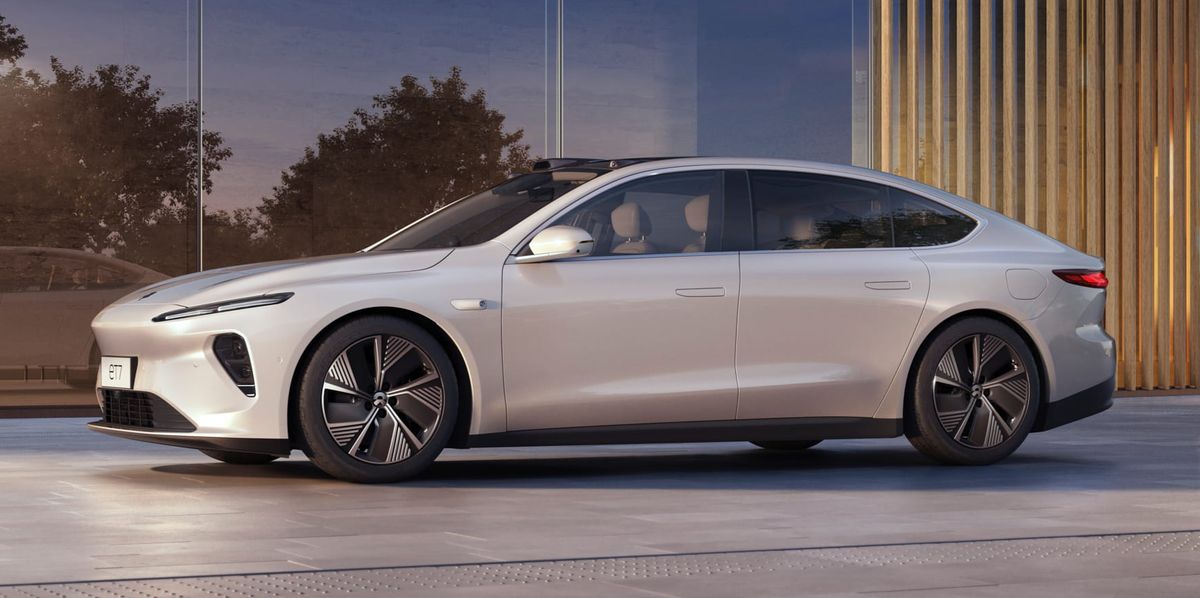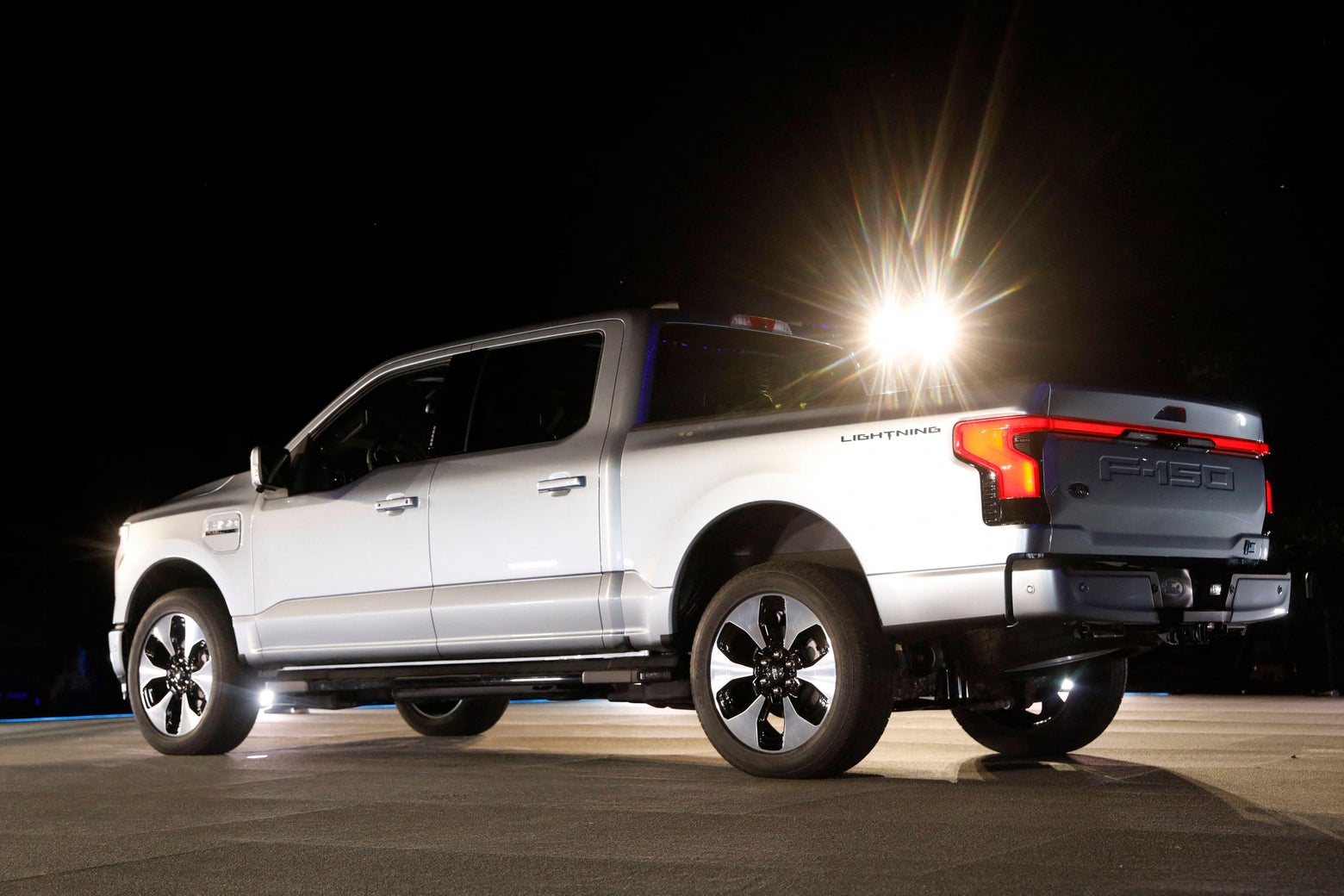- Joined
- Jan 25, 2012
- Messages
- 50,152
- Reaction score
- 15,451
- Location
- Texas
- Gender
- Male
- Political Leaning
- Conservative
That you do not understand the question is very telling!You said, 'You seem to think my words were based on ignorance' and yet you ask someone to show the math that a Ford lightening can charge in 30 minutes. How can asking that question suggest anything more? Not math. Proof.
I ask because the 30 minute change statement
was not about the Ford lighting, but a Tesla with a specialized Tesla charging station, I.e. A misrepresentation!
Asking him to show the math, forced him to admit that the statement was not about the Ford lighting!








